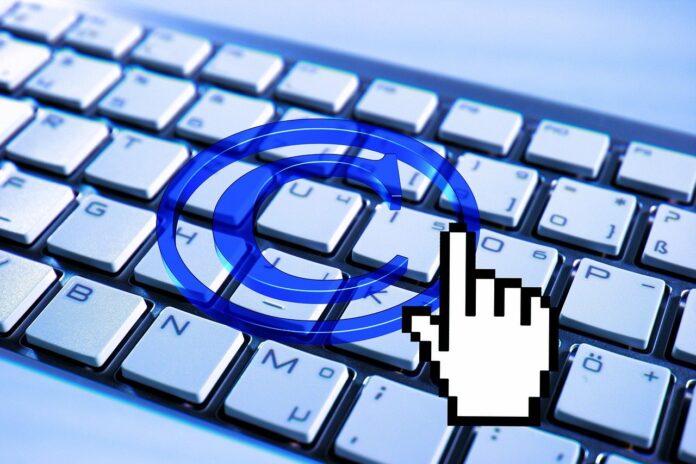Since going public two decades ago, Alphabet (GOOGL) faces its biggest test amid the evolving artificial intelligence landscape. That’s the admission by chief executive officer Sundar Pichai as the tech giant faces unprecedented scrutiny of its market dominance and ability to maintain its edge amid the AI revolution.
Alphabet AI and Regulatory Pressure
The remarks come as the company’s core advertising and search business remains under pressure amid developing and integrating various AI features. Microsoft (MSFT) has sought to take on the tech giant by integrating ChatGPT and other AI features into its search tool Bing. Likewise, Meta Platforms (META) is ramping up pressure with AI to enhance its app’s customer experience and engagement levels, putting pressure on Alphabet on digital advertising.
The competitive environment that Google long dominated has changed due to the emergence of generative AI. Microsoft-backed OpenAI, which is valued at $157 billion, has become a fierce competitor and revealed plans to launch its own search engine. At a $9 billion valuation, Perplexity, a search startup driven by AI, recently raised $500 million.
Google executives see Gemini, their flagship AI model and related mobile application, as their next product with the potential to reach half a billion users. This is the focus of Google’s response. Pichai has reiterated that next year’s biggest focus will be scaling Gemini on the consumer side.
In addition, Alphabet is under immense regulatory pressure. Google faces a number of legal issues that go right to the core of its business strategy. A federal judge declared in August that the business is engaging in an unlawful search monopoly. While a separate antitrust trial regarding Google’s advertising technology practices is pending, the Justice Department has since pushed for the company’s Chrome browser division to be divested.
Google’s announcement of a significant breakthrough in the nascent field of quantum computing has also created a lot of buzz in recent weeks. With the introduction of Willow, a new quantum chip that beat even the top supercomputer in the world on a sophisticated test, it has captured the attention of the tech community. It is the most convincing scalable logical qubit prototype ever constructed. It is a clear indication that it is possible to build practical, extremely large quantum computers.
Copyright Cases on AI
Meanwhile, 2025 might see significant developments in a number of copyright cases that could influence artificial intelligence’s future operations. OpenAI, Anthropic, and Meta Platforms (META) opens a new tab, and other tech companies are being sued by authors, news organizations, musicians, visual artists, and other copyright holders for allegedly using their work to train chatbots and other AI-based content generators without their consent or payment.
Tech companies have argued that by learning to produce new, transformative content, their AI systems fairly utilize copyrighted content. On the other hand, Copyright holders argue that the businesses illegally replicate their creations in order to produce competing content that jeopardizes their livelihoods. Silicon Valley investment firm Andreessen Horowitz, OpenAI, Meta, and others caution that having to compensate copyright holders for.
If the courts agree with AI companies on the fair use issue, they could be completely exempt from U.S. copyright liability. Multiple rounds of appeals are likely, and judges hearing the cases in various jurisdictions may come to differing opinions on fair use and other matters.


